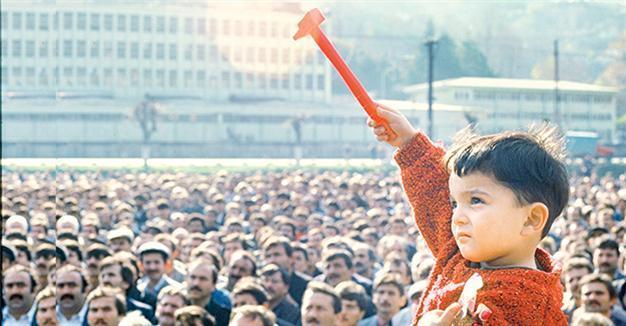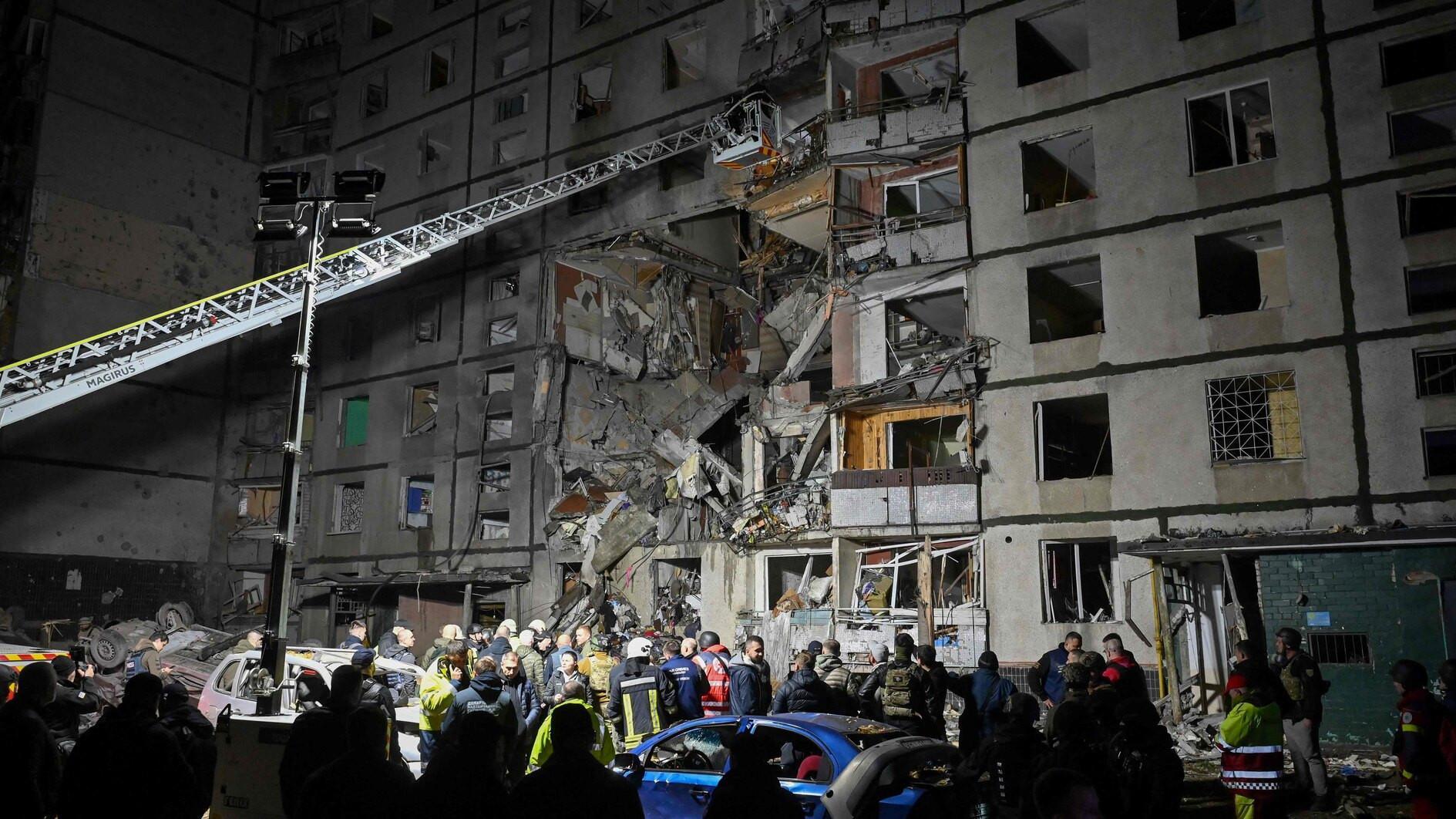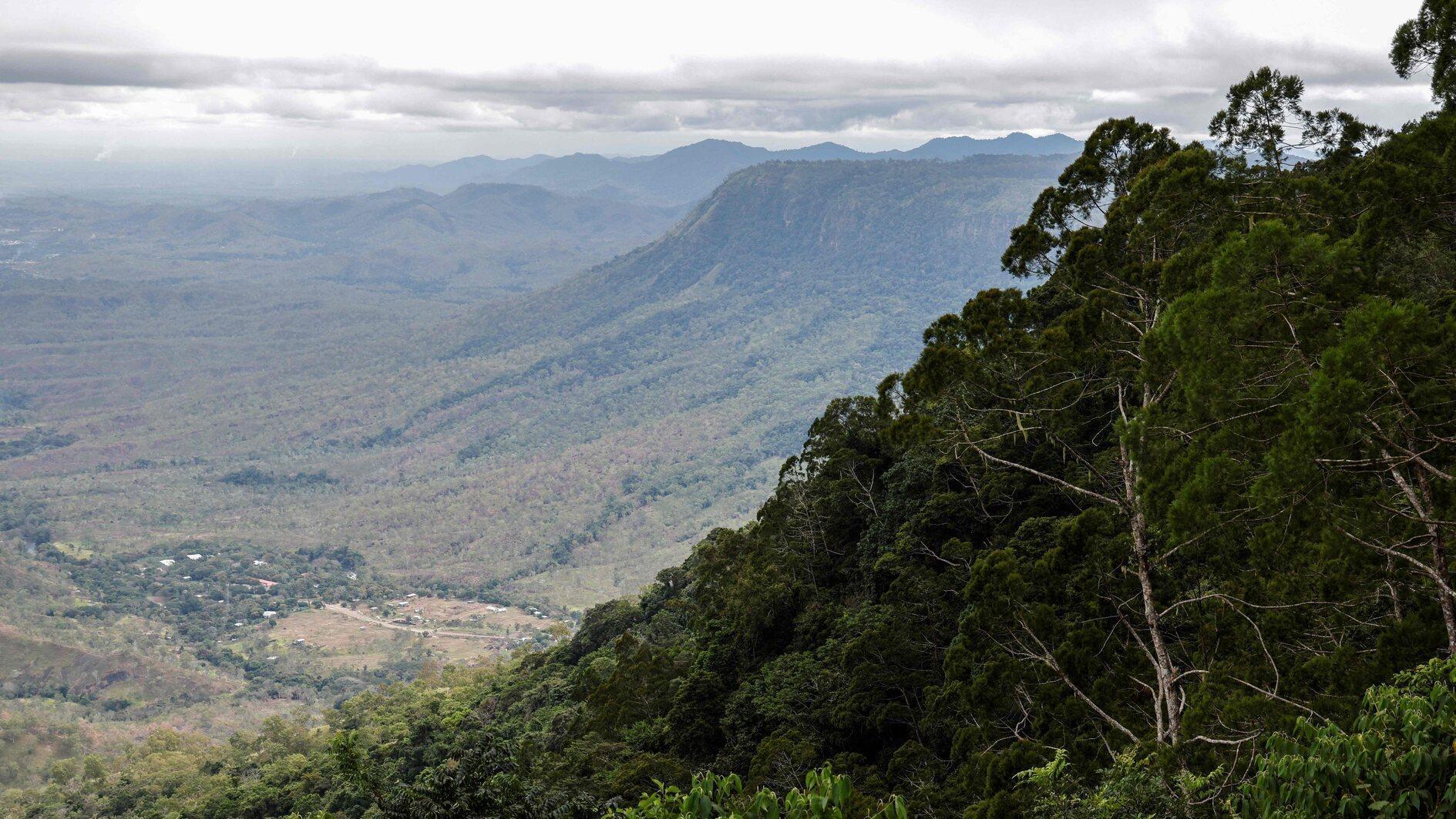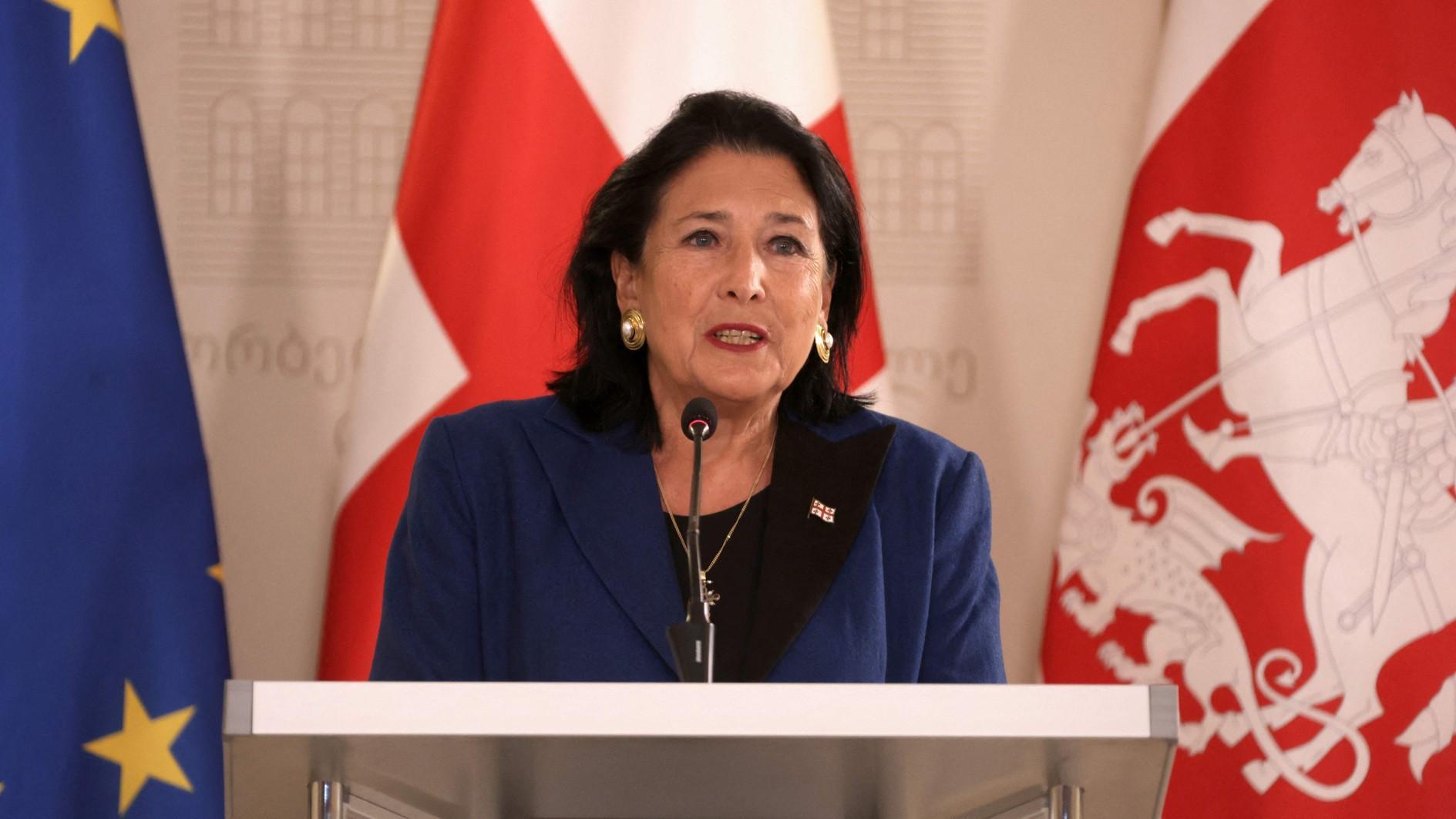Civil initiative ‘Hafıza Kaydı’ chronicles collective memories
Emrah Güler
 Cyclist Çağatay Avşar was killed in a hit and run traffic accident in Ankara on June 17, 2010. The driver who killed him has never been caught. “There are many incidents where cyclists are victims of motor vehicle drivers. Convenience and safety are big issues for cyclists despite the fact that bike riders are legitimate actors in traffic. These ‘accidents’ are not singular events and we need a big shift in policy to address this situation.”
Cyclist Çağatay Avşar was killed in a hit and run traffic accident in Ankara on June 17, 2010. The driver who killed him has never been caught. “There are many incidents where cyclists are victims of motor vehicle drivers. Convenience and safety are big issues for cyclists despite the fact that bike riders are legitimate actors in traffic. These ‘accidents’ are not singular events and we need a big shift in policy to address this situation.” These words are from Hafıza Kaydı (Collective Chronicles), a civil initiative, an “open platform,” dedicated to deconstructing and reconstructing stories for collective memory through a blend of traditional content and new media. One of their most recent files is “17 June: Çağatay Avşar and Cyclists’ Right to Life in Traffic,” inspired by Avşar’s death, and focusing on the rights of bicyclists in traffic, disclosing the violations and neglect they face.
What makes a file a so-called Collective Memory? “We have 13 content types complementing each other. We want our content to be digestible by different audiences,” said Hafıza Kaydı. “We have the story, the video, the connected instances, the testimonies, the media reading, the dictionary, the infographic, the photos, the news text, the posters and banners, the references, the online links and the arts and culture content.”
Hafıza Kaydı, at the moment, consists of 15 core people coming from different backgrounds and perspectives, with several other contributors for each file. “Each content type has an editor who uses her/his network, knowledge and time resources to prepare a first draft. After all first drafts are finished, every editor gives the others constructive feedback and there is a group discussion on what to and what not to include,” said Hafıza Kaydı.
Hafıza Kaydı was shaped along public debates in Ankara’s Seğmenler Park Forum after the Gezi protests of 2013. “It was the times when several forums in Ankara were gathering together at coordination meetings, when subjects such as social dialogue and collective memory were popularly being discussed,” said the group.
Collective memories and dealing with the past
In December 2013, a multi-forum was organized in Ankara with the participation of 400 people. “One of the keynote sessions was about ‘collective conscience.’ Many activists, people who experienced exclusion, discrimination or human rights abuses, took the floor,” said Hafıza Kaydı. “At the end, it was obvious that people were overwhelmed by what other people shared and came to realize that they did not know much about the things they thought they knew.”
The forum helped launch a working group that would become Hafıza Kaydı. After many group discussions on what to focus on and how to do it, “information activism targeting controversial issues seemed like a good beginning.” The team decided to use the calendar date of the issue, case or the event as the publishing date.
“We were to target those who use the Internet as their primary source of information and ‘be there’ when people Google about the subject.” The first calendar leaf was published on Jan. 4, 2015, on the 24th anniversary of the some 100,000 miners’ march from Zonguldak to Ankara.
Last year, the group spent six months working on a 365-day “collective memory calendar.” The calendar brings together important moments related to collective memory, both historic and insignificant. “We constantly revise and update that calendar and use it as a pool. We also try to choose cases from different subject areas,” said Hafıza Kaydı.
“We want to show the variety of subjects related with collective memory and dealing with the past issues. So we try to find instances on the themes we did not work on before.” Other calendar leaves, or the files, include the 2008 Istanbul Fireworks Explosion at an unlicensed factory in Davutpaşa, Italian artist Pippa Bacca’s tragic death in Turkey during her hitchhiking from Milan to the Middle East for world peace in 2008 and the Çorum Massacre of 1980, where more than 50 Alevi citizens were killed by ultra-nationalists.
Hafıza Kaydı approaches the file at hand as an ongoing thing. “To put it concretely, we take an instance and investigate all aspects of the story line. Then we find similar instances that originate from or result in similar patterns,” said the group. “At the end, we try to crystallize the relations between those instances with historical, social and political context and agenda. In each and every instance you can observe similar mentalities, patterns, similar human rights abuses, impunity and injustice.”
An open platform welcoming everybody
“Truth is a very difficult thing to claim. There are many details about the stories, many different perspectives, a lot of different actors with different interests and priorities,” said the group. “Yet there are so many claims on truth and most of them are so easily made. For a holistic approach embracing all aspects, Hafıza Kaydı gather all relevant facts, digs into different claims and spend a lot of time to analyze the information in hand. Academics and experts are consulted. Literature on the subject is reviewed.”
The group’s “17 June: Çağatay Avşar and Cyclists’ Right to Life in Traffic” file will continue to be a work-in-progress until October. “We are in the process of creating a visual report showing a bicycle risk map of Ankara. We are collecting data on the routes used by bicyclists to compare it with the locations bicycle accidents occurred,” said Hafıza Kaydı. They are also working on a database of accidents involving bicycles in Ankara in the last 10 years by scanning the news, statistics, reports and articles published and making information queries to public authorities.
The final product will be a poster/report including facts, figures and the risk map. Hafıza Kaydı is also working on a short documentary based on testimonials of bicyclists, with “extensive support from cycling activists.” Both the report and the documentary will be publicly shared in a big outreach event on Oct. 8.
Hafıza Kaydı is an open platform welcoming everybody and every contribution. “People contact the team using the form on the website www.hafizakaydi.org. Next step, they are invited to the email list and/or instant messaging groups where the team works on the files. There are several people contributing only on specific files as well,” said the group.
“We are using open digital platforms to communicate and work on the files. For the website and hosting we share the costs. If we have to do field visits then we share the costs as well. Some other activist groups and NGOs share their equipment and knowledge with us,” said Hafıza Kaydı. “Viva solidarity!” You too can become one of the voices of Collective Chronicles.
















